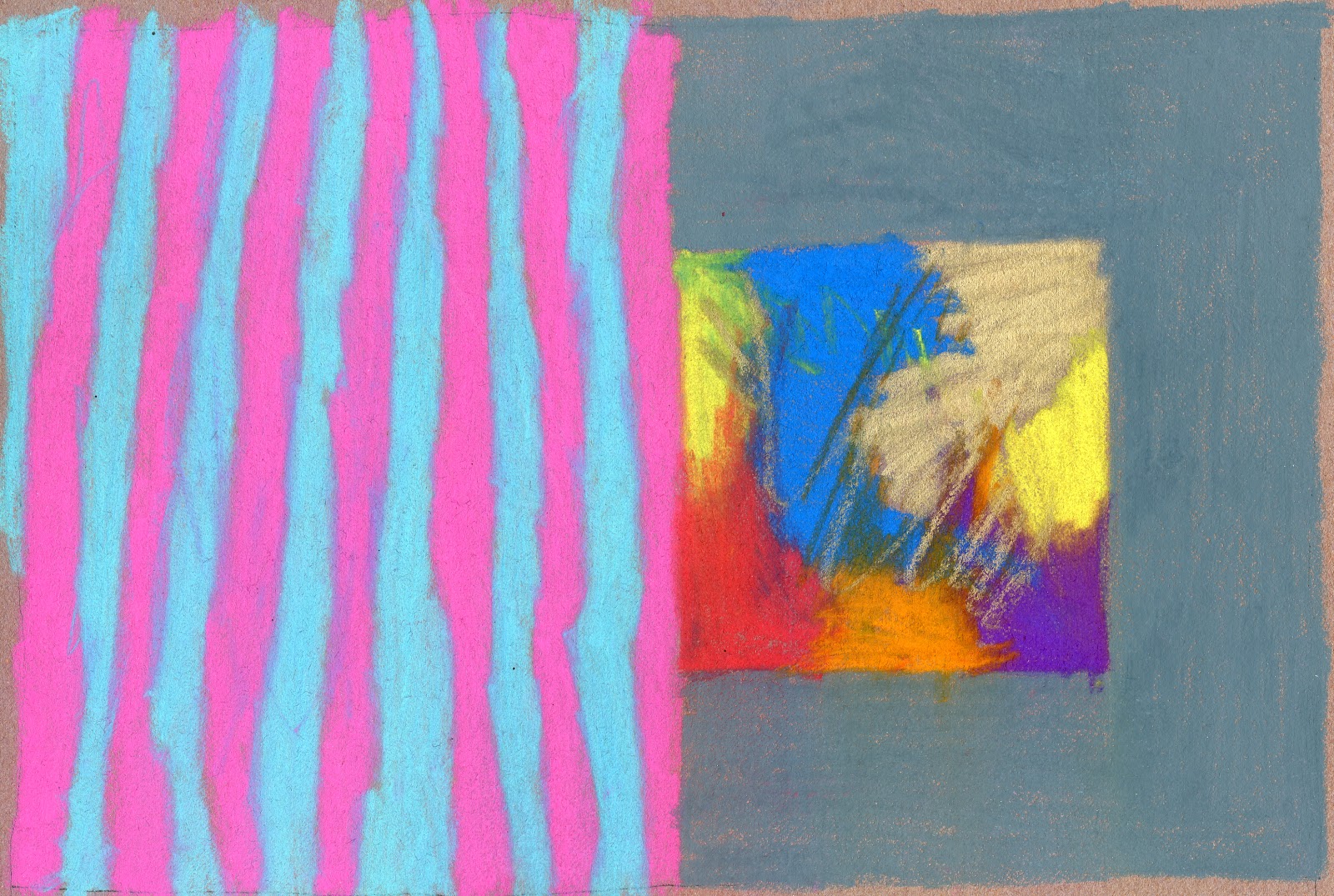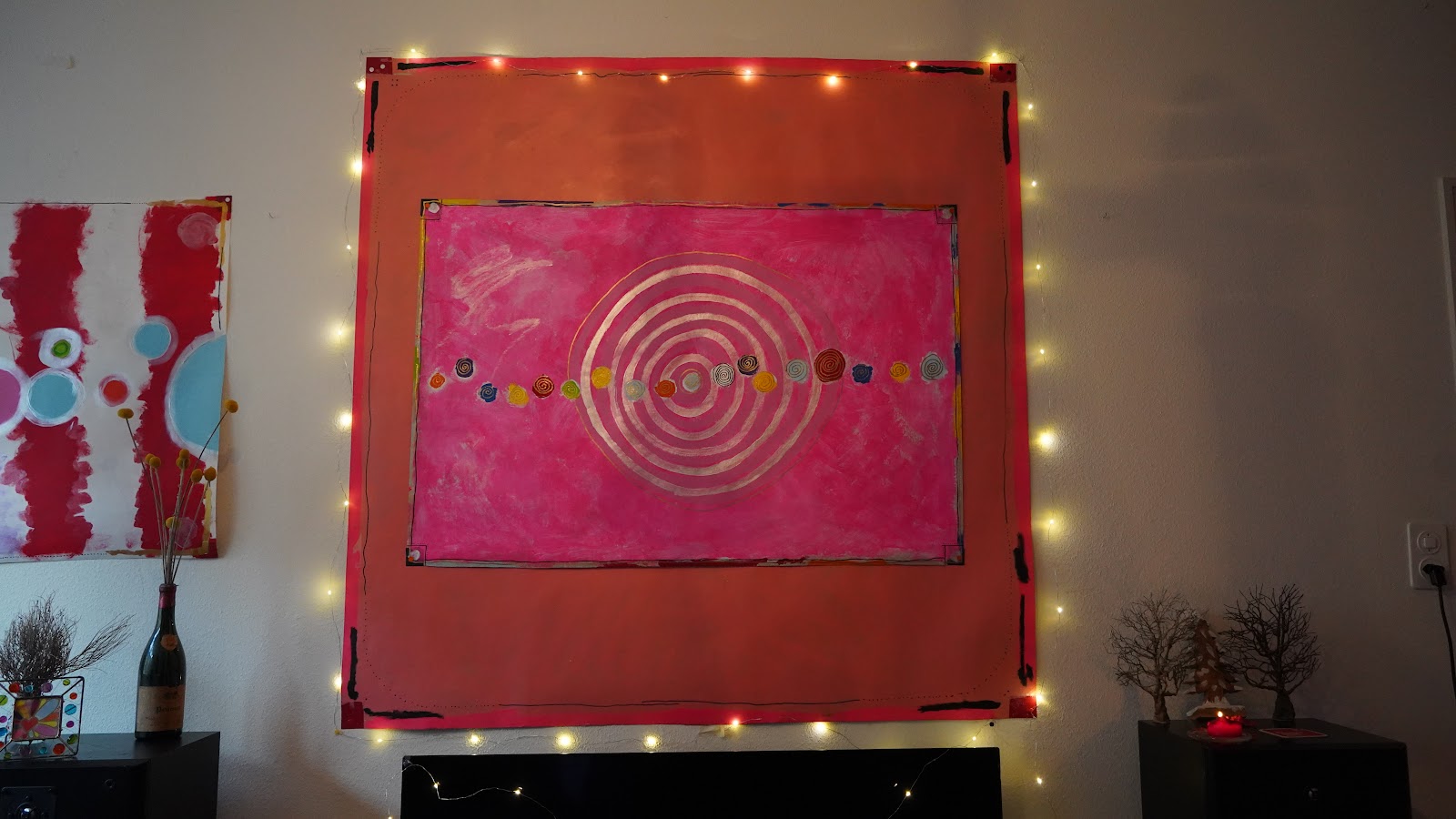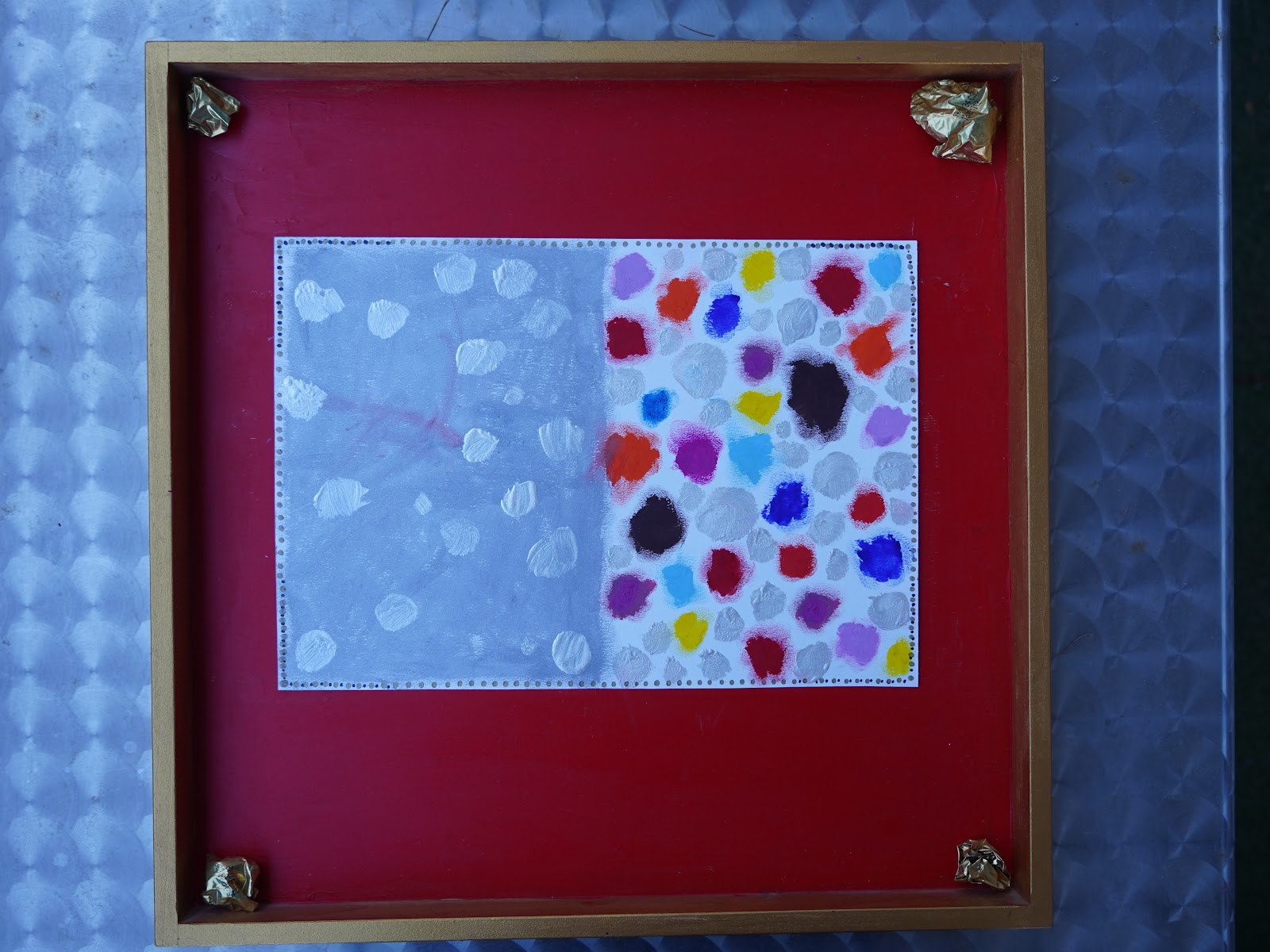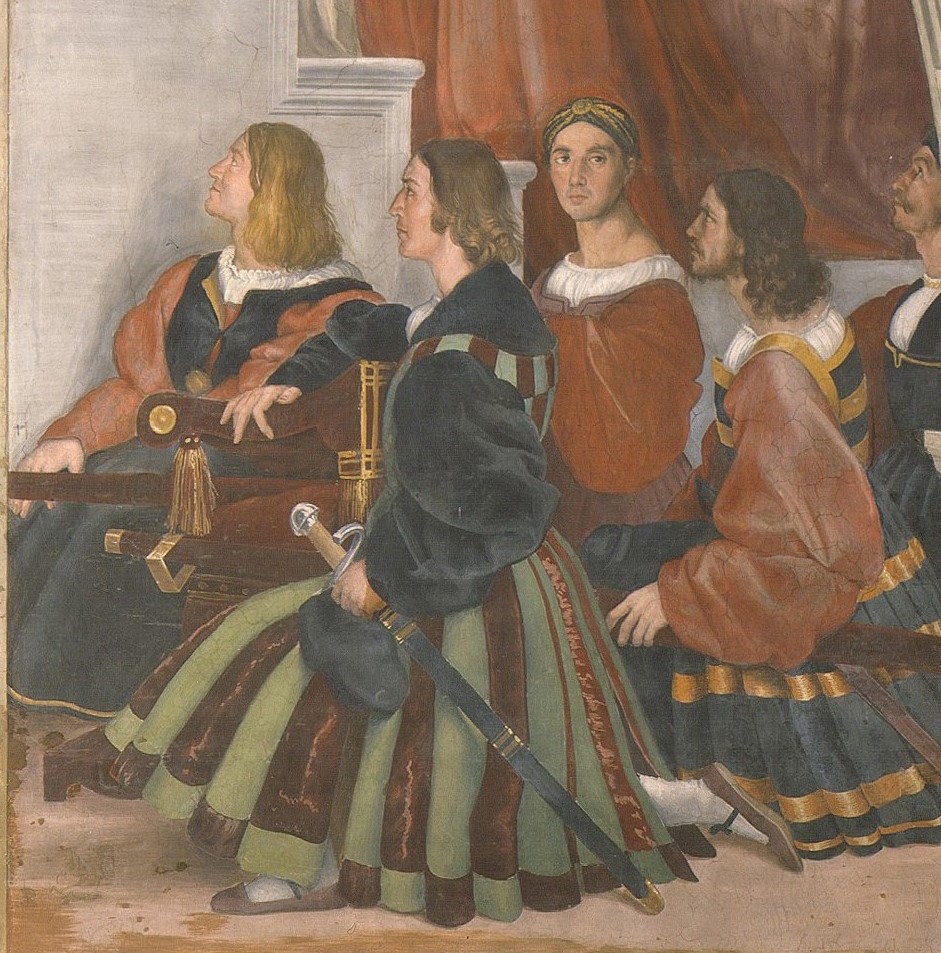30 November 2024
29 November 2024
28 November 2024
27 November 2024
26 November 2024
25 November 2024
Bild der Lieder
Heine sah sich als „entlaufenen Romantiker“, und ich selbst war sein letzter und abgedankter Fabelkönig.“

1.
Es treibt dich fort von Ort zu Ort,
Du weißt nicht mal warum;
Im Winde klingt ein sanftes Wort,
Schaust dich verwundert um.
Die Liebe, die dahinten blieb,
Sie ruft dich sanft zurück:
O komm zurück, ich hab dich lieb,
Du bist mein einz′ ges Glück!
Doch weiter, weiter, sonder Rast,
Du darfst nicht stillestehn;
Was du so sehr geliebet hast,
Sollst du nicht wiedersehn.
2.
Du bist ja heut so grambefangen,
Wie ich dich lange nicht geschaut!
Es perlet still von deinen Wangen,
Und deine Seufzer werden laut.
Denkst du der Heimat, die so ferne,
So nebelferne dir verschwand?
Gestehe mir′ s, du wärest gerne
Manchmal im teuren Vaterland.
Denkst du der Dame, die so niedlich
Mit kleinem Zürnen dich ergötzt?
Oft zürntest du, dann ward sie friedlich,
Und immer lachtet ihr zuletzt.
Denkst du der Freunde, die da sanken
An deine Brust, in großer Stund′ ?
Im Herzen stürmten die Gedanken,
Jedoch verschwiegen blieb der Mund.
Denkst du der Mutter und der Schwester?
Mit beiden standest du ja gut.
Ich glaube gar, es schmilzt, mein Bester,
In deiner Brust der wilde Mut!
Denkst du der Vögel und der Bäume
Des schönen Gartens, wo du oft
Geträumt der Liebe junge Träume,
Wo du gezagt, wo du gehofft?
Es ist schon spät. Die Nacht ist helle,
Trübhell gefärbt vom feuchten Schnee.
Ankleiden muß ich mich nun schnelle
Und in Gesellschaft gehn. O weh!
3.
Ich hatte einst ein schönes Vaterland.
Der Eichenbaum
Wuchs dort so hoch, die Veilchen nickten sanft.
Es war ein Traum.
Das küßte mich auf deutsch, und sprach auf deutsch
(Man glaubt es kaum,
Wie gut es klang) das Wort: "Ich liebe dich!"
Es war ein Traum.
24 November 2024
MACHINES OR MIND?
the empty distractions of the brave new world:
Festivals and Ceremonies or Laughter in Ancient Rome: On Joking, Tickling, and Cracking Up
Pliny the Younger: capio aliquam voluptatem, quod hac voluptate non capior (“I take some pleasure that I am not taken by this pleasure”).
Cicero was known to flee Rome during the festive season (in Arpinati… me refeci ludorum diebus (I have refreshed myself in Arpinum… during the days of the games))
23 November 2024
22 November 2024
21 November 2024
20 November 2024
The Greek Philosophy after Raffaello Sanzio
Raphael’s School of Athens: Greek Philosophy in the Italian Renaissance
Scuola di Atene Raffaello Sanzio da Urbino, the Italian Renaissance artist, Raphael (1483–1520),
- Sanzio Raffaello (1483/ 1520),
is the most influential painter of the Italian Renaissance; painted between 1509 and 1511
The School of Athens represents all the greatest mathematicians, philosophers and scientists from classical antiquity gathered together sharing their ideas and learning from each other. These figures all lived at different times, but here they are gathered together under one roof. Together they represent the harmony of Athens, Rome and Jerusalem that is at the heart of Christian civilisation. Individually they represent Jurisprudence, Philosophy, Poetry and Theology as the summits of human learning, knowledge and wisdom. Its scale is monumental:
| Dimensions | 5 m × 8 m |
|---|
1510 Raffaello The Disputation of the Holy Sacrament. Raphael has created a scene spanning both heaven and earth. It was painted between 1509 and 1510 as the first part of Raphael's commission to decorate with frescoes the rooms that are now known as the Stanze di Raffaello, in the Apostolic Palace in the Vatican. The Stanza della Segnatura was the first of these rooms to be completed; this and the Stanza di Eliodoro are the only ones that Raphael himself painted. After 1512 he was simply too busy to work on all of his commissions by himself. ‘The Disputation of the Holy Sacrament’ is less well known and less widely discussed than the other two grand compositions in the room, Parnassus (representing Poetry, and also Music), and the picture that has been known since the 17th century as The School of Athens.
I Sing Of What I Love:
Mine was painted between 9-11AM 14/11/2024. A rough Raffaello translation reads as follows:
This somehow feels like the magical YouTube of old.
The simplicity and beauty in your content format is inspiring.

-
Die theoretisch niemand mehr braucht 2024 11 Zermatt Hans im Schnee























































